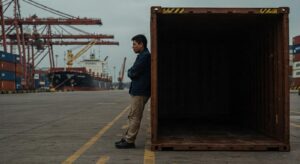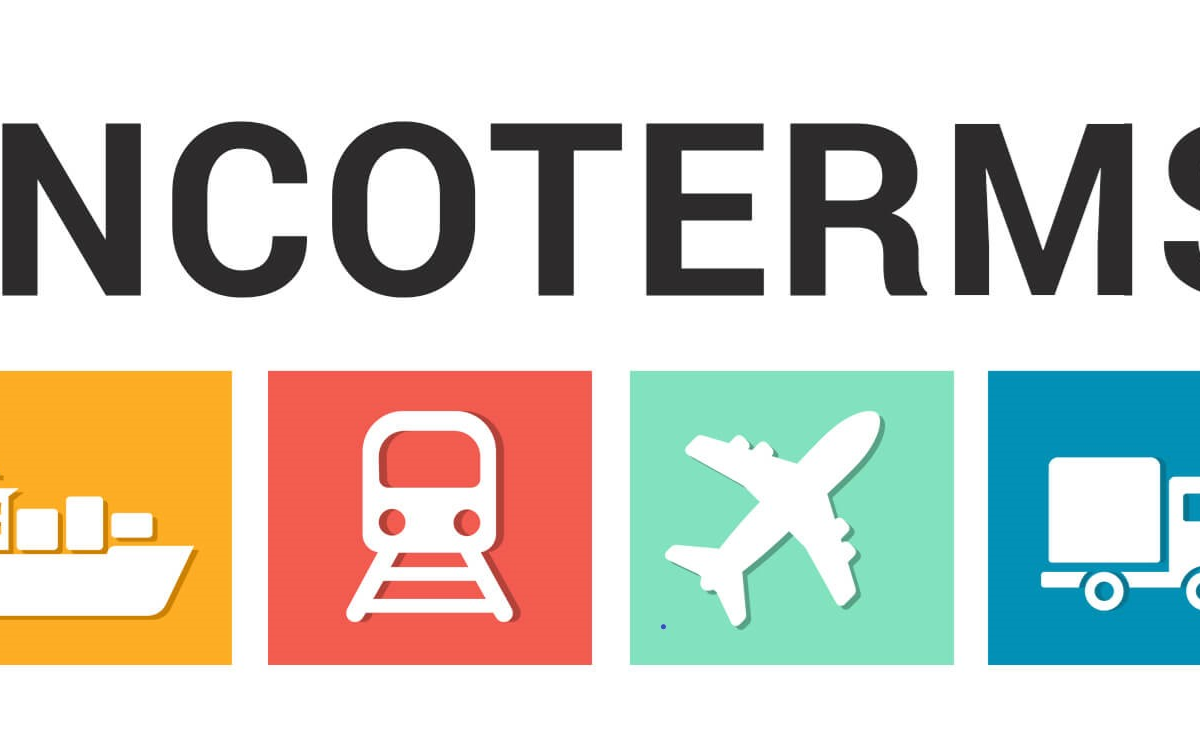U.S.-China Trade Struggles Lead to Record Blank Sailings

The global shipping industry is facing unprecedented disruptions as blank sailings between the U.S. and China reach record highs. These cancellations—exceeding even those during the peak of the COVID-19 pandemic—highlight deep economic and geopolitical challenges affecting global trade. As shipping companies adjust to falling demand, industries relying on maritime logistics must prepare for prolonged instability.
What Are Blank Sailings?
Blank sailings occur when scheduled container ship voyages are canceled due to low cargo volumes. While this is a common industry response to fluctuating demand, the current surge in cancellations suggests deeper structural issues within global trade. Major carriers, including Maersk and MSC, are increasingly adjusting schedules, underscoring the severity of the situation.
Factors Behind the Trade Decline
Several key forces are driving the slowdown in U.S.-China trade:
- Escalating Tariffs: Increased trade barriers are straining economic relations and raising costs for businesses.
- Supply Chain Shifts: Companies are relocating manufacturing to Southeast Asia and Latin America to reduce reliance on China.
- Geopolitical Tensions: Policy disputes, technology restrictions, and military-related concerns are deepening trade uncertainties.
Impact on the Shipping Industry
The rise in blank sailings has widespread implications for global logistics:
- Supply Chain Disruptions: Businesses face delays and higher transportation costs.
- Port & Infrastructure Struggles: Reduced cargo movement strains ports, warehouses, and trucking networks.
- Operational Adjustments: Shipping firms must reevaluate strategies to remain competitive amid shifting trade patterns.
Economic & Consumer Consequences
The slowdown in U.S.-China trade is affecting industries beyond logistics:
- Rising Costs: Businesses relying on alternative trade routes may experience increased expenses, leading to inflationary pressures.
- Industry Challenges: Sectors like technology and manufacturing are facing supply shortages and production delays.
- Weakened Global Connectivity: Reduced trade limits collaboration opportunities between the two nations.
The Risk of Renewed Port Congestion
The surge in blank sailings is leading to severe port congestion, as ships skip scheduled stops and disrupt normal shipping patterns. Ports struggle to manage unpredictable arrivals, causing delays in unloading and loading cargo. This bottleneck affects supply chains, creating inventory shortages and driving up transportation costs. The congestion intensifies financial strain across industries, as businesses face rising expenses and uncertainty in global trade. To mitigate these risks, companies must implement adaptive strategies and optimize inventory management to withstand these logistical challenges.
Future Trade Outlook
Blank sailings reflect a broader transformation in global commerce. Emerging markets may benefit from new investments, but businesses and governments must prioritize adaptability and strategic resilience. The ability to navigate these evolving dynamics will be critical in maintaining stable supply chains and economic growth.
Navigating Trade Uncertainty with TradeFlex Group
Amid escalating tariffs and shifting trade dynamics, us here at TradeFlex Group offer expert regulatory intelligence and compliance solutions. Our insights help businesses optimize costs, mitigate trade barriers, and maintain resilience in an evolving global marketplace. With TradeFlex as your strategic partner, companies can overcome challenges and thrive despite market uncertainties.



